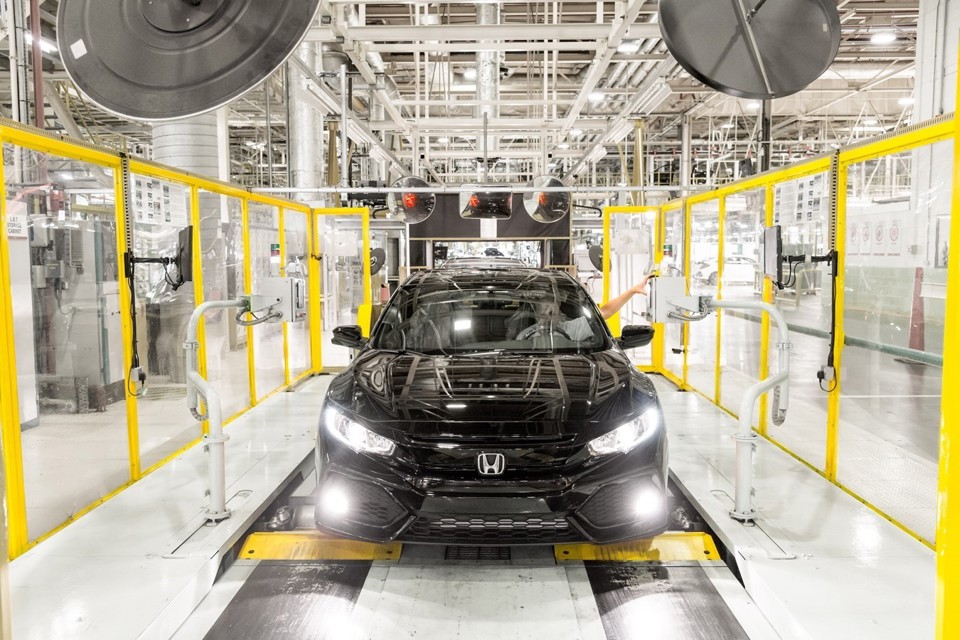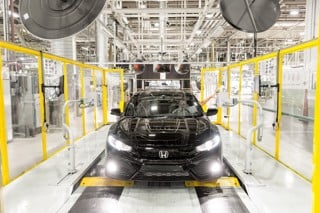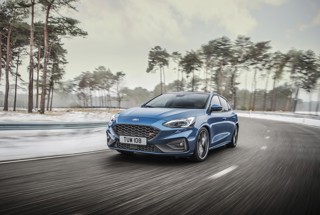UK car and van production declined in September as manufacturers battled with no-deal Brexit uncertainty.
Car output fell by -3.8%, with around 5,000 fewer cars produced in the UK than in September 2018, according to figures released by the Society of Motor Manufacturers and Traders (SMMT).
The latest figures mark a 15-month period of decline for the sector, notwithstanding August when several key plants kept production lines running after moving the traditional annual shutdown period to April to guard against disruption from the original 29 March Brexit date.
Mike Hawes, SMMT Chief Executive, said, “Another bitterly disappointing month reflects domestic and international market contraction. Most worrying of all though is the continued threat of a ‘no deal’ Brexit, something which has caused international investment to stall and cost UK operations hundreds of millions of pounds, money that would have better been spent in meeting the technological challenges facing the global industry.
“A general election may ultimately provide some certainty, but does not yet remove the spectre of no deal which will continue to inhibit the UK industry’s prospects unless we can agree and implement a new, ambitious and permanent relationship that safeguards free and frictionless trade.”
Commercial vehicle production declined -11.7% in September, with 7,320 units manufactured,
Output for crucial overseas markets was up some 25.4%, but production for the domestic market fell -44.5% in the face of ongoing political and economic uncertainty.
Factories turned out almost 1,000 fewer vans than in the same period in 2018, with the majority (66.7%) built for shipping to European and global markets.
Performance in the year to date remains down, falling by -13.2% overall, driven by the decline in export orders, down more than 7,400 units. Production for the UK is also down, by -2.6%, although only four in ten British-made CVs remains in the UK given the export focus of the industry.
Hawes added: “It’s been a pretty turbulent first nine months for UK commercial vehicle production, with model changeovers and the variable pattern of fleet buying cycles affecting output. While it is worrying to see a fall in September domestic orders, the vast majority of our CV output is shipped overseas, mostly into the EU, and so to ensure ongoing sector competitiveness we need a truly ambitious future relationship based on tariff-free and frictionless trade."
In addition to the technological challenges and escalating trade tensions facing the global industry, businesses in the UK are having to divert huge resources to preparing for the possibility of a ‘no deal’ Brexit, which still remains a threat. British automotive manufacturers have already spent more than £500 million on measures to mitigate leaving the EU without a deal, while essential investment in new products and facilities is having to be put on hold or even cancelled due to the uncertainty and fear of a ‘no deal’ Brexit.






















Login to comment
Comments
No comments have been made yet.